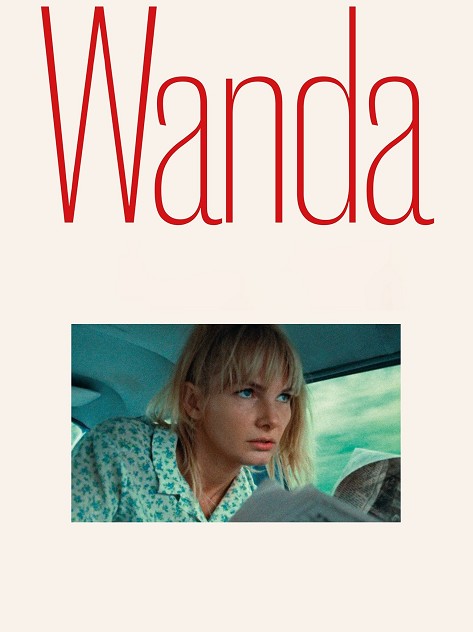
Watch trailer
All screenings of Wanda will be shown with English subtitles (not Descriptive Subtitles).
The screening on the 21st of April will be followed by a discussion in the Garden Bar, moderated by season programmer Dr Alice Pember (University of Warwick). Please join us to discuss what you thought of the film’s themes and images: can we consider Wanda to be a feminist film and is it still relevant today?
The third film in our Trailblazers: Women in New Hollywood season, a series of films highlighting the visionary filmmaking and lasting legacies of women directors in the New Hollywood era, is Wanda, Barbara Loden’s groundbreaking vision of working-class womanhood on the fringes of American society.
Synopsis:
Wanda (Barbara Loden) is a wanderer in an impoverished Rust Belt town. Futureless and directionless, she moves from bar to bar and man to man, eventually taking up with a small time criminal. Inspired by a news report of a woman who thanked a judge for sending her to prison, this is a brutal and often harrowing portrait of a life lived at the fringes of American society.
The Garden Cinema view:
Initially panned by critics (including Pauline Kael) and overshadowed by the work of her husband Elia Kazan, Wanda, made by Loden over five years and on a shoestring budget, has been hailed by critics and scholars as a feminist masterpiece since its re-discovery in the 1990s.
Crystallising the resistant and radical form and style of women’s narrative filmmaking in this period, the film (which Barbara Loden dubbed her ‘anti Bonnie and Clyde’) rejects the stylistic bombast of male-directed New Hollywood films. Echoing the imagery of the road movie and the heist film, Wanda filters the tropes of these emerging genre forms through the lens of a precarious women.
Decades ahead of its time in both style and intersectional feminist politics, Wanda stands testament to the visionary contribution of its director, who tragically died at the age of 48.
Dr Alice Pember is a Teaching Fellow at the University of Warwick. Her research interests include independent cinema, feminist film philosophy and dance and pop music on screen. Her research has appeared in Modern and Contemporary France, French Screen Studies and Film-Philosophy journals. She teaches across areas related to independent French, British and American cinema, film philosophy and queer and women's cinema. Her monograph The Dancing Girl in Contemporary Cinema will be published next year with Edinburgh University Press.